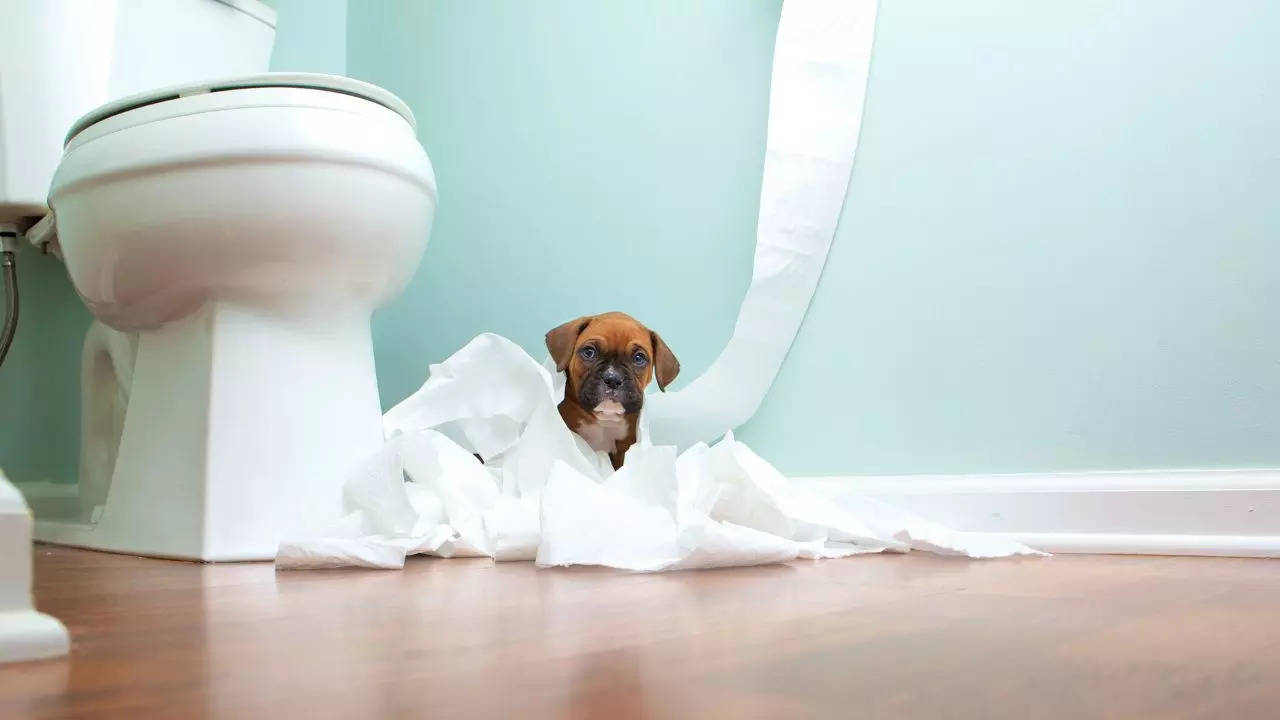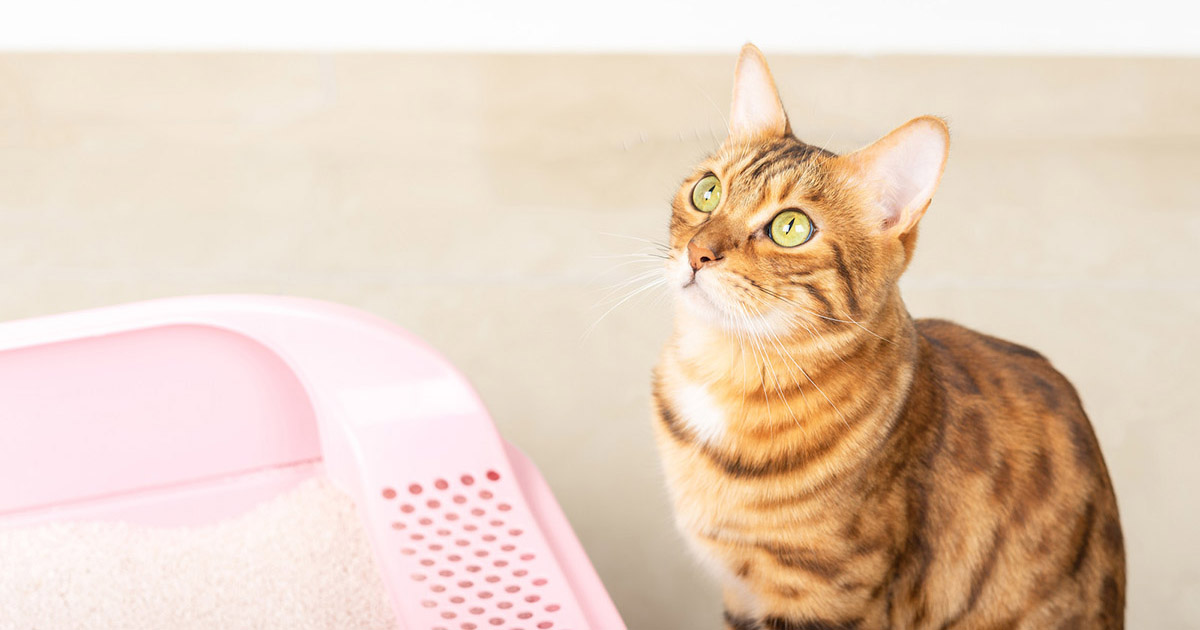Vital Factors Regarding Flushing Animal Waste Down the Toilet
Vital Factors Regarding Flushing Animal Waste Down the Toilet
Blog Article
What're your opinions on 4 Reasons Why Dog Poop Cleanup is Important?

When it comes to getting rid of waste, especially animal waste, lots of people usually consider the practical option of flushing it down the toilet. Nonetheless, this relatively easy solution can have severe consequences for the setting and public health. In this post, we'll check out why flushing pet waste down the commode is a poor concept and offer different approaches for proper disposal.
Introduction
Proper waste disposal is important for maintaining ecological sustainability and public health. While it might appear harmless to flush animal waste down the commode, it can bring about different problems, both for the atmosphere and human well-being.
Risks of flushing animal waste
Ecological influence
Flushing animal waste presents dangerous germs and microorganisms right into waterways, which can adversely influence aquatic communities. These pathogens can infect water sources and harm marine life, interrupting delicate ecological communities.
Public health worries
Pet waste includes hazardous microorganisms such as E. coli and Salmonella, which can posture significant health and wellness threats to humans. Flushing pet waste down the toilet can pollute water supplies, leading to the spread of conditions and infections.
Alternatives to flushing
As opposed to purging animal waste down the commode, there are several alternate disposal methods that are extra eco-friendly and hygienic.
Composting
Composting pet waste is an environment-friendly way to dispose of it. By composting, organic matter is broken down right into nutrient-rich soil, which can be made use of to fertilize yards and plants.
Garbage dump disposal
Dealing with animal waste in a landfill is an additional choice. While not as environmentally friendly as composting, it is a safer alternative to flushing, as it avoids the contamination of water sources.
Family pet waste disposal systems
There are specialized pet dog waste disposal systems available that safely and hygienically dispose of animal waste. These systems frequently use enzymes to break down waste and remove odors.
Steps to correct animal waste disposal
To ensure appropriate disposal of pet waste, comply with these actions:
Scooping and landing waste
On a regular basis scoop and bag pet waste using naturally degradable bags. This prevents waste from infecting the atmosphere.
Utilizing assigned waste bins
Dispose of bagged pet waste in marked waste containers, such as compost containers or land fill containers. Stay clear of flushing it down the toilet in any way prices.
Cleaning up can and pet dog areas consistently
Consistently clean litter boxes and pet areas to stop the build-up of waste and germs. Use pet-safe cleaning products to keep hygiene.
Benefits of proper disposal techniques
Taking on correct disposal techniques for pet waste provides numerous advantages:
Minimized environmental pollution
Correct disposal approaches decrease the risk of environmental pollution, shielding rivers and ecological communities from contamination
Lessened danger of water contamination.
By staying clear of flushing pet waste down the commode, the danger of water contamination is considerably decreased, safeguarding public health.
Boosted sanitation and health
Appropriate disposal techniques promote better hygiene and hygiene, developing a much safer environment for both human beings and animals.
Verdict
In conclusion, flushing pet waste down the toilet is damaging to the setting and public health. By taking on different disposal methods and following correct waste administration methods, we can reduce the negative influence of animal waste and add to a cleaner, much healthier world.
What To Do With Dog Poo – The Do's And Don'ts Of Disposing Of Faeces
Dog poo bins
Some councils provide dedicated dog waste bins in popular dog-walking areas that can take dog poo that has been bagged but you can legally dispose of dog waste in any public litter bin, as long as it is securely bagged. This also applies to your wheelie bin at home.
Do not flush
Water companies do not recommend flushing dog faeces down the toilet because certain parasites can survive the water processing treatment and are potentially harmful to humans. You should also never consider flushing dog poo that has been bagged down the toilet as the bags will not break down and instead create severe blockages in the sewage system.
In the woods
The Forestry Commission promotes a ‘stick and flick’ method for dealing with waste in the woods. This means finding a stick and using it to flick any poo from off the path so that it is out of the way of other walkers. You could also bury it as long as it is not in an area where there might be livestock.
Livestock
Parasites found in dog poo can be transmitted to livestock if they inadvertently eat infected faeces that has been left on grazing land. This could result in the death of sheep or abortion in cattle so you should always make sure you pick up your dog’s waste in fields where livestock could be present.

Consistently clean litter boxes and pet areas to stop the build-up of waste and germs. Use pet-safe cleaning products to keep hygiene.
Benefits of proper disposal techniques
Taking on correct disposal techniques for pet waste provides numerous advantages:
Minimized environmental pollution
Correct disposal approaches decrease the risk of environmental pollution, shielding rivers and ecological communities from contamination
Lessened danger of water contamination.
By staying clear of flushing pet waste down the commode, the danger of water contamination is considerably decreased, safeguarding public health.
Boosted sanitation and health
Appropriate disposal techniques promote better hygiene and hygiene, developing a much safer environment for both human beings and animals.
Verdict
In conclusion, flushing pet waste down the toilet is damaging to the setting and public health. By taking on different disposal methods and following correct waste administration methods, we can reduce the negative influence of animal waste and add to a cleaner, much healthier world.
What To Do With Dog Poo – The Do's And Don'ts Of Disposing Of Faeces
Dog poo bins
Some councils provide dedicated dog waste bins in popular dog-walking areas that can take dog poo that has been bagged but you can legally dispose of dog waste in any public litter bin, as long as it is securely bagged. This also applies to your wheelie bin at home.
Do not flush
Water companies do not recommend flushing dog faeces down the toilet because certain parasites can survive the water processing treatment and are potentially harmful to humans. You should also never consider flushing dog poo that has been bagged down the toilet as the bags will not break down and instead create severe blockages in the sewage system.
In the woods
The Forestry Commission promotes a ‘stick and flick’ method for dealing with waste in the woods. This means finding a stick and using it to flick any poo from off the path so that it is out of the way of other walkers. You could also bury it as long as it is not in an area where there might be livestock.
Livestock
Parasites found in dog poo can be transmitted to livestock if they inadvertently eat infected faeces that has been left on grazing land. This could result in the death of sheep or abortion in cattle so you should always make sure you pick up your dog’s waste in fields where livestock could be present.

As a reader on Can You Flush Dog and Cat Poo Down the Toilet?, I think sharing that piece was worthwhile. Loved our piece of writing? Please quickly share it. Let other people find it. Thank you for going through it.
Book With Us Today! Report this page